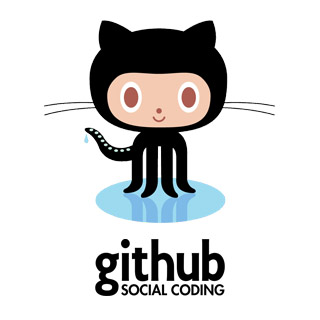Team:Dundee/HumanPractice/PublicEngagement
From 2013.igem.org
Clatto Country Park – Case Study
We took part in Café Science Dundee, and presented our project to the public at the Dundee Science Centre. With synthetic biology being such a ground breaking new field, it is of great importance to introduce it in a positive light and to encourage the understanding of its positive power.
The foundation of our project lies in the heart of the local community and hence it was a great opportunity to showcase synthetic biology as a feasible solution to the closure of Clatto Reservoir and other local sites. We used the opportunity as a means to encourage the public to ask questions, give them an insight into what we do, and also to involve them in saving our local reservoirs.
The University of Dundee works closely with Grove Academy, a high school in Broughty Ferry (near Dundee), to promote science in schools. We visited Grove Academy in a bid to educate students about the capabilities of microorganisms, how they work and why they are used. The students really enjoyed the experience and were very excited to use a microscope and to see microorganisms they had only heard about/seen in books before. We may even have our first Scottish High School iGEM team!
In this practical, students would design and engineer their own constructs using BioBricks from The Registry of Standard Biological Parts. The main objective of such an exercise is to encourage students to think independently and give them confidence in their laboratory skills.
This year, the iGEM-styled practical had its first run and encountered many problems throughout the semester. One of the main concerns was the high costs of running the operation which affected the cloning stage. There was also a significant problem with the use of the iGEM vector plasmid pSB1C3, which proved tricky to work with. For cost reasons associated with running the practical, the pSB1C3 plasmid could not be gel extracted or phosphatase treated resulting in the original insert, rhodopsin, re-ligating back into the vector at high frequency.
To overcome this, we have engineered a small insert that contains SpeI and XbaI sites creating an “empty” vector that would allow students use either traditional cloning or the 3A assembly method if desired. This means that our vector does not need to be purified and the chances of re-cloning the original insert are much lower ensuring a smoother and cheaper run of the iGEM practical.
This practical exercise is a great way to encourage students to explore the field of synthetic biology. We also presented our iGEM project to all of the current undergraduate students, emphasising the great experience we have had and how advantageous doing a summer project can be to your future career in science.
We strongly encourage you to take a look!
We strongly encourage you to take a look!
Facebook has 1.15 billion[1] users worldwide. Many organisations use Facebook as a method of interacting with a wider audience. We utilised Facebook as a tool to interact with our audience using a conversational approach and to keep followers up to date with what the team were currently doing.
Twitter is a vast, web-based messaging network where users can send messages to people who are interested in what they have to say (followers) or interested in a specific topic (# tagging). As with Facebook, we used an informal approach to keep our followers and the iGEM community well-informed about our team and project.
YouTube is a free website devoted to viewing, sharing and commenting on video clips. The Dundee iGEM team used YouTube to share our weekly video logs.
 "
"




